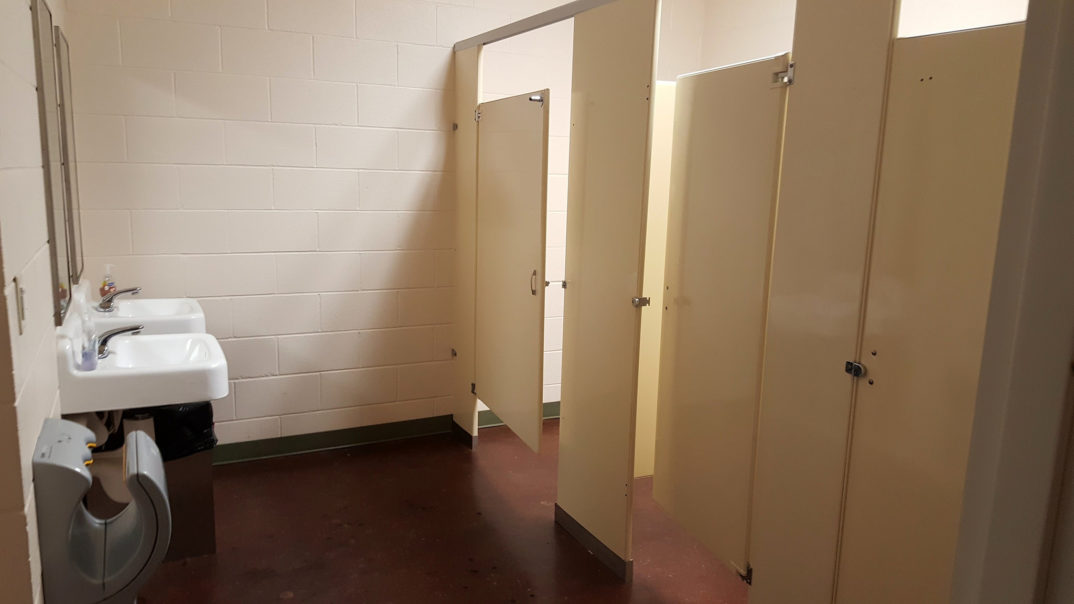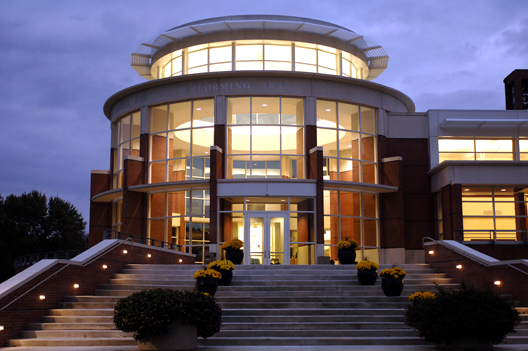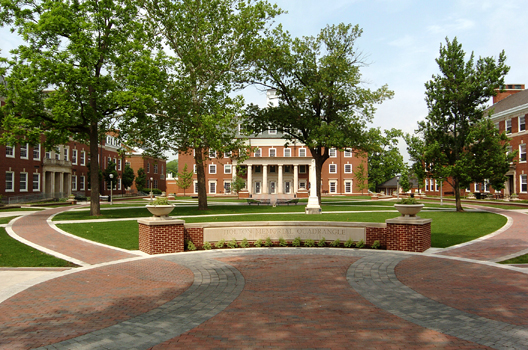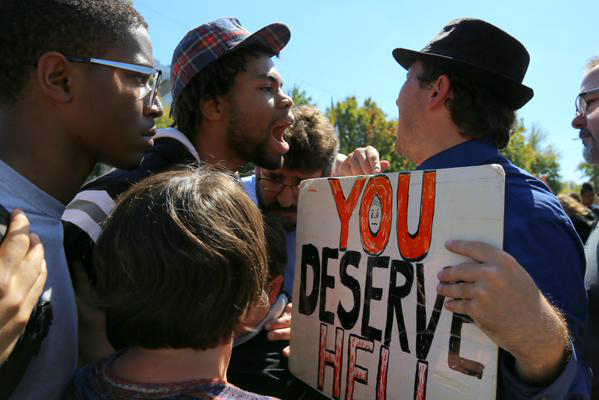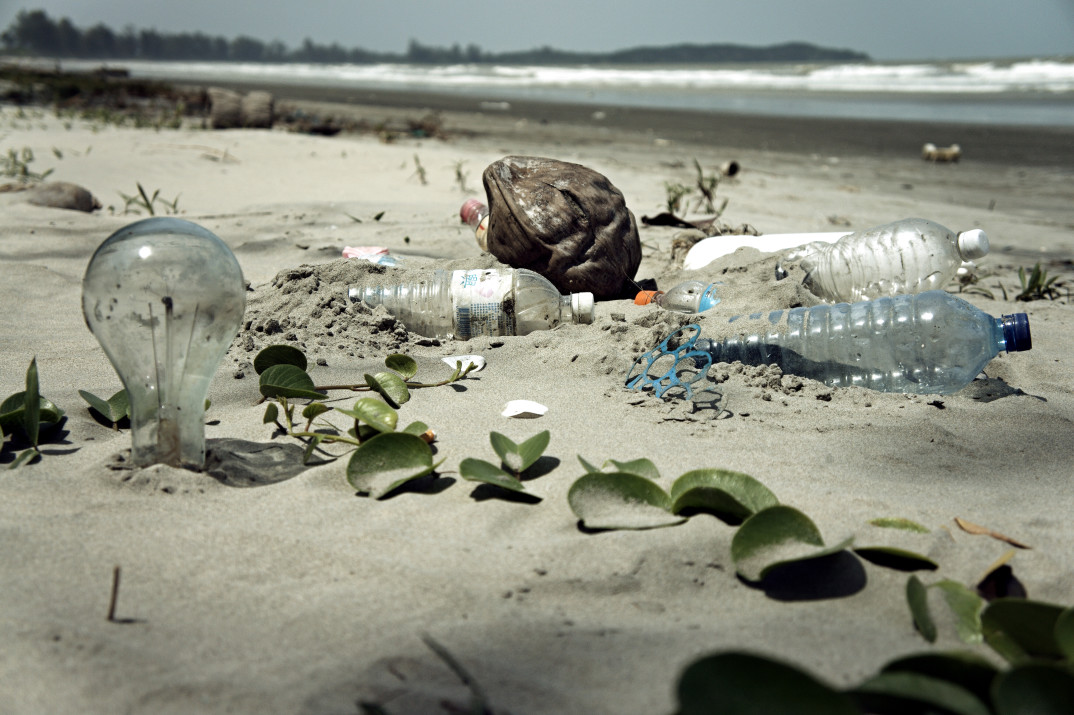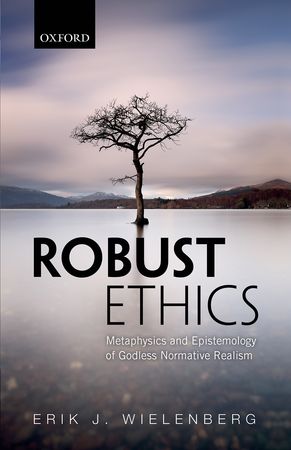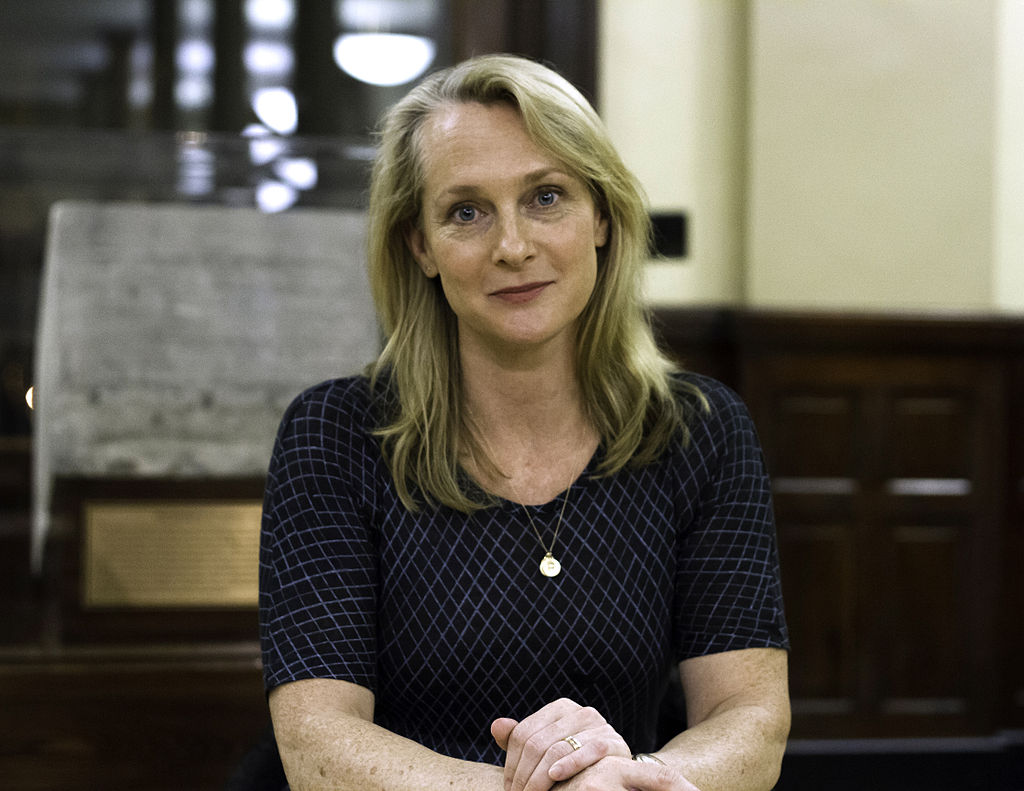UPDATE: This article has been altered to include more eyewitness accounts.
The protesters of two weeks ago have sparked significant campus discussion. At the forum held in the late afternoon after the initial day of protests, many of the students in attendance expected to talk through the issues of the hate group that came to campus that day. These students were then confused when the forum went in a different direction. Some of the confusion may have arisen as a result of the fact that many students weren’t aware that there were two major events that took place on that day, not just one. A full picture of what happened on that first day of visits may help to explain why the forum took the direction it did.
What appears to be one issue (the protests led by Brother Jed and his group) is actually two. The first issue is the hateful message promoted by the visiting group that caused emotional distress for many on campus. However, there is an important second issue: the response by Greencastle and Indiana State police to some students of color who took part in the counter protest movement against Brother Jed’s group.
Brother Jed’s group, Campus Ministries USA, spoke prejudicially against many different groups. They called female students “whores” and said the following: “blacks are still slaves,” “blacks and gays worship a different God than us,” “it is not natural to put your penis in a rectum,” “carpet munchers keep your tongues to yourself,” and “militant feminists are ruining the world.” Their messages targeted almost every student on our campus, and every student has a right to be upset about them.
The second issue began after six women from Feminista! began a peaceful counter protest and were eventually joined by many other groups including: Omega Phi Beta, AAAS, Student Government, Lambda Sigma Upsilon, Sigma Lambda Gamma, etc. Individual protesters also came to show support.
The police, in an effort to protect students from lawsuits and jail time if they were to commit an act of violence against the protesters, eventually detained one black student. He was protesting peacefully and had not committed any such act of violence. Soon after, a white student threw hot coffee at the protesters. The student was taken away with a hand behind her back and escorted back to her dorm room.
Shortly after, a black student was angered by one of the protesters. When the student became visibly agitated, a group of staff stepped in to support him. One of the staff members involved, Yug Gill, stated, “[The student] had already begun to calm down and wanted to be left alone when the police officer entered the staff bubble around the student. [The student] did not resist the police officer.” The policeman slammed the student to the concrete followed shortly after by a staff member of color who was trying to de-escalate the situation. The police officers used their knees to pin them down and the student was placed in handcuffs. Neither of the detained men had committed a violent act.
The disparity between the police’s response to the detained men of color and their response to the white student who threw the coffee is a one clear factor in the outpouring of anger, grief and confusion at the evening forum. It is also clear how this issue is uniquely a racial one.
With this picture of the events it is reasonable to see how students present at the protest and who witnessed the detaining of their classmates and friends understood the forum to be on the subject of the unfair detaining of people of color by the police. It is also reasonable to see how students not present would have expected the forum to be regarding Brother Jed’s group and their hateful messages. Neither expectation of the forum was wrong.
What is wrong is accusing students who wanted to discuss racial disparities in policing that day of “hijacking” the forum and arguing that it wasn’t the time or place to discuss race issues. It is wrong to pretend that we only have space in our campus discussions for one issue at a time and to continuously prioritize whichever is more comfortable.
I hope that we can create a culture of listening at DePauw where we stop and listen when we are faced with something uncomfortable rather than shutting it down. I hope we can create an intentional community where we listen and trust each other’s experiences. Learning these skills is essential to healing divides that exist on campus.
Greisy Genao, Yug Gill, and Vivie Nguyen helped write this post and provided all firsthand account of the protest on 9/23/15.

